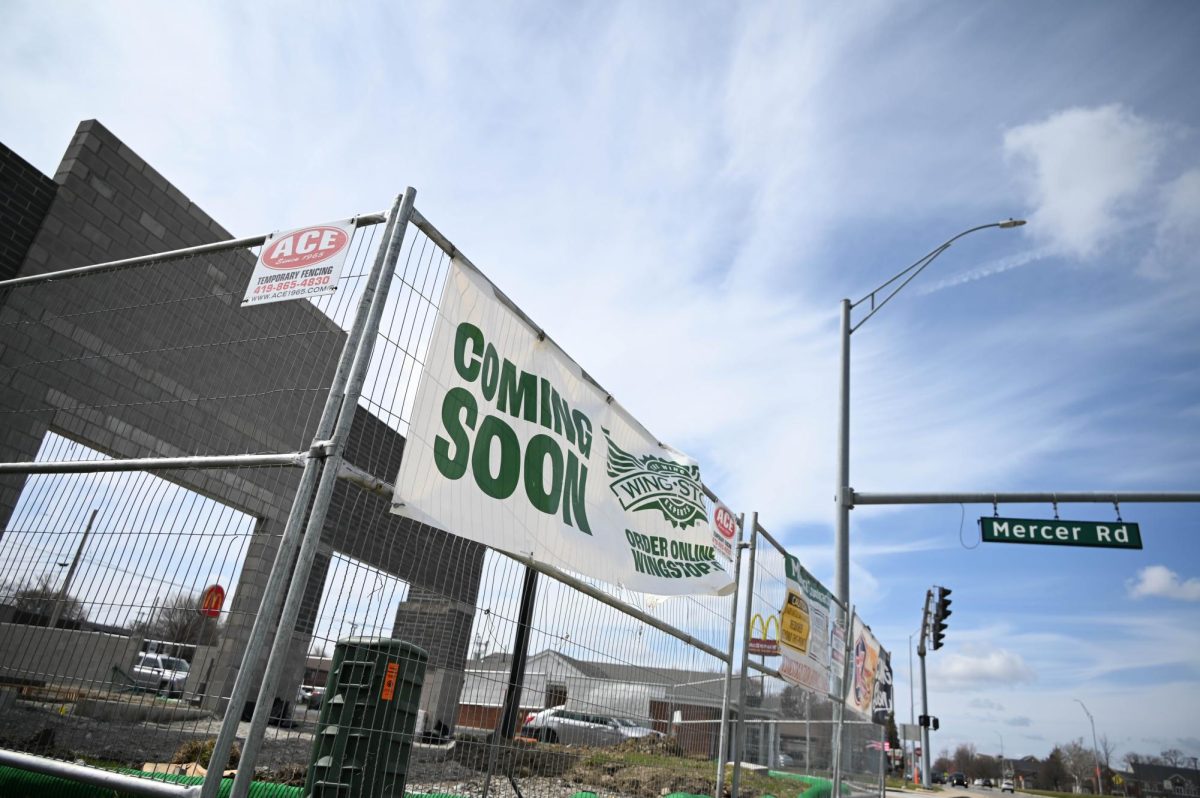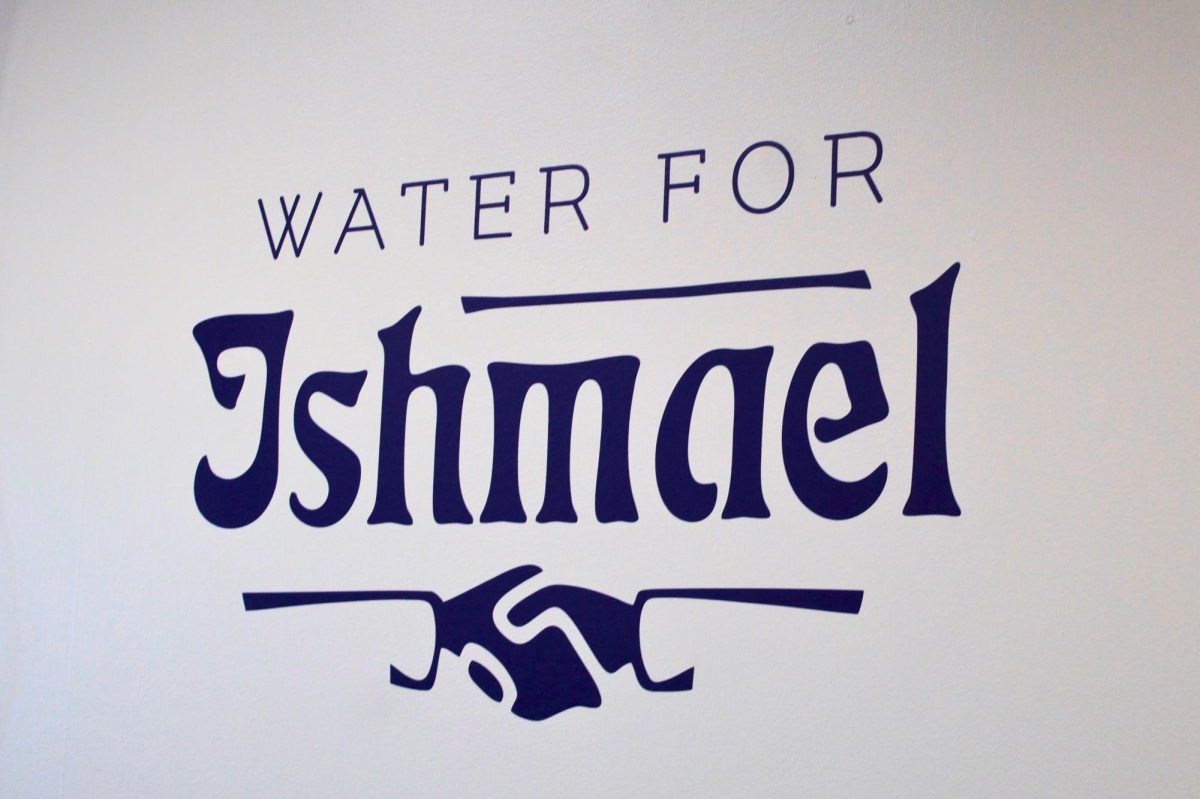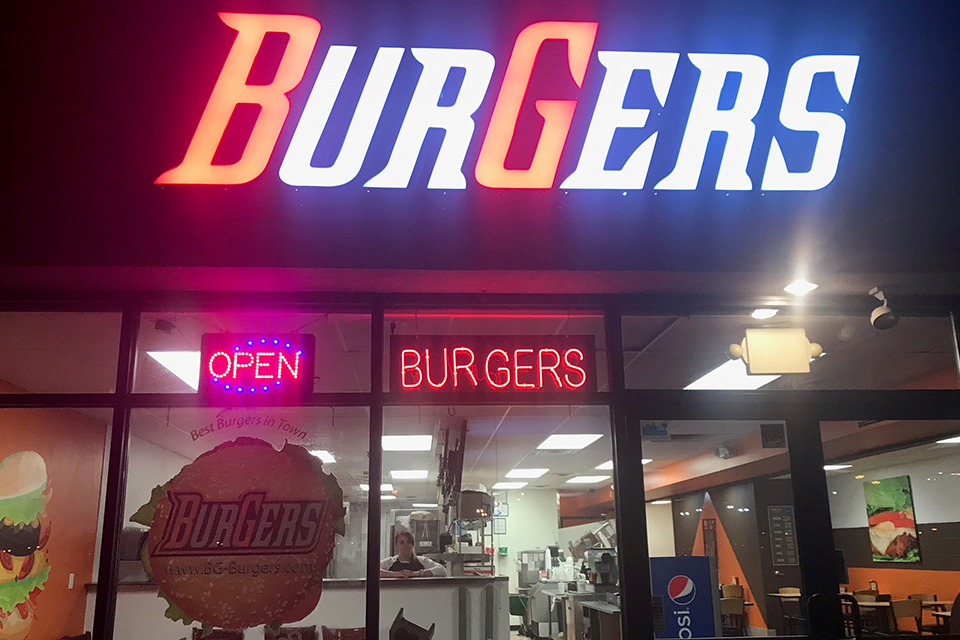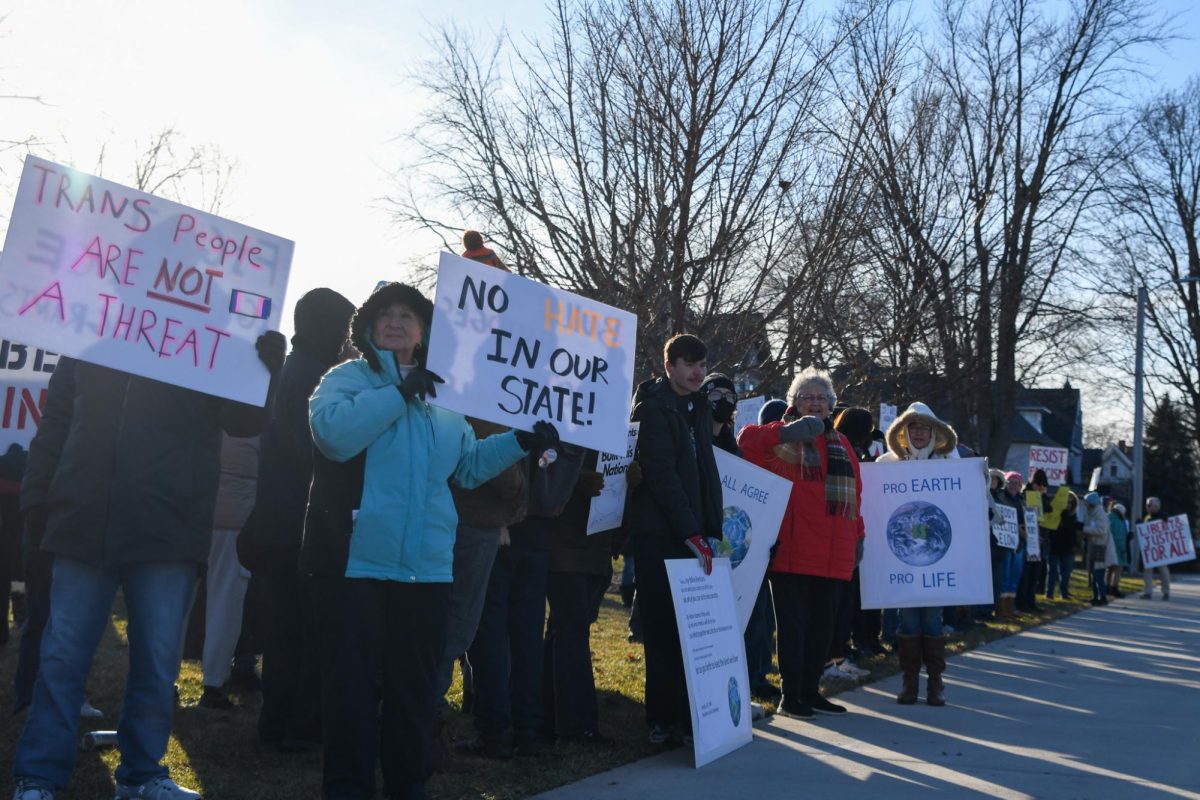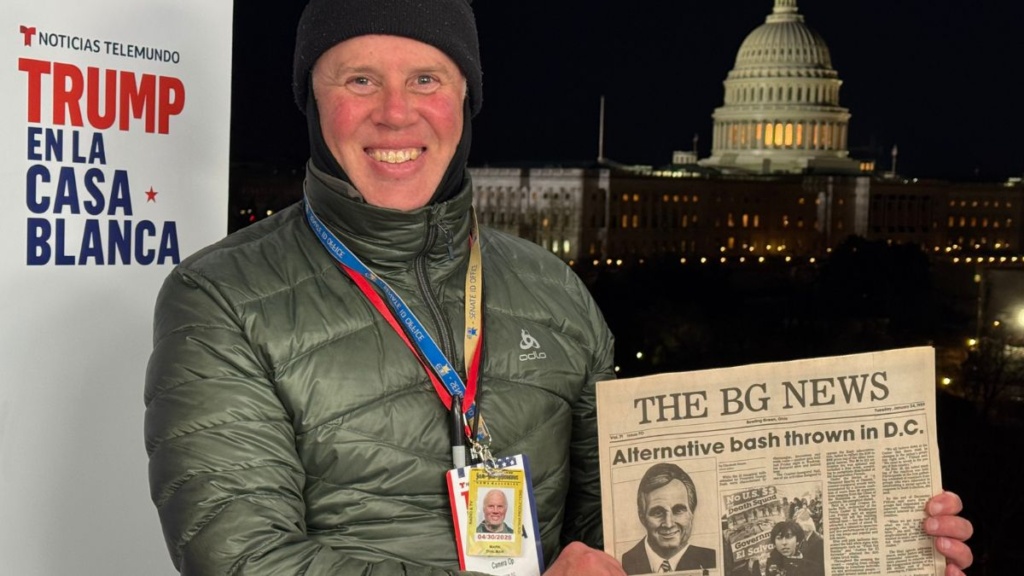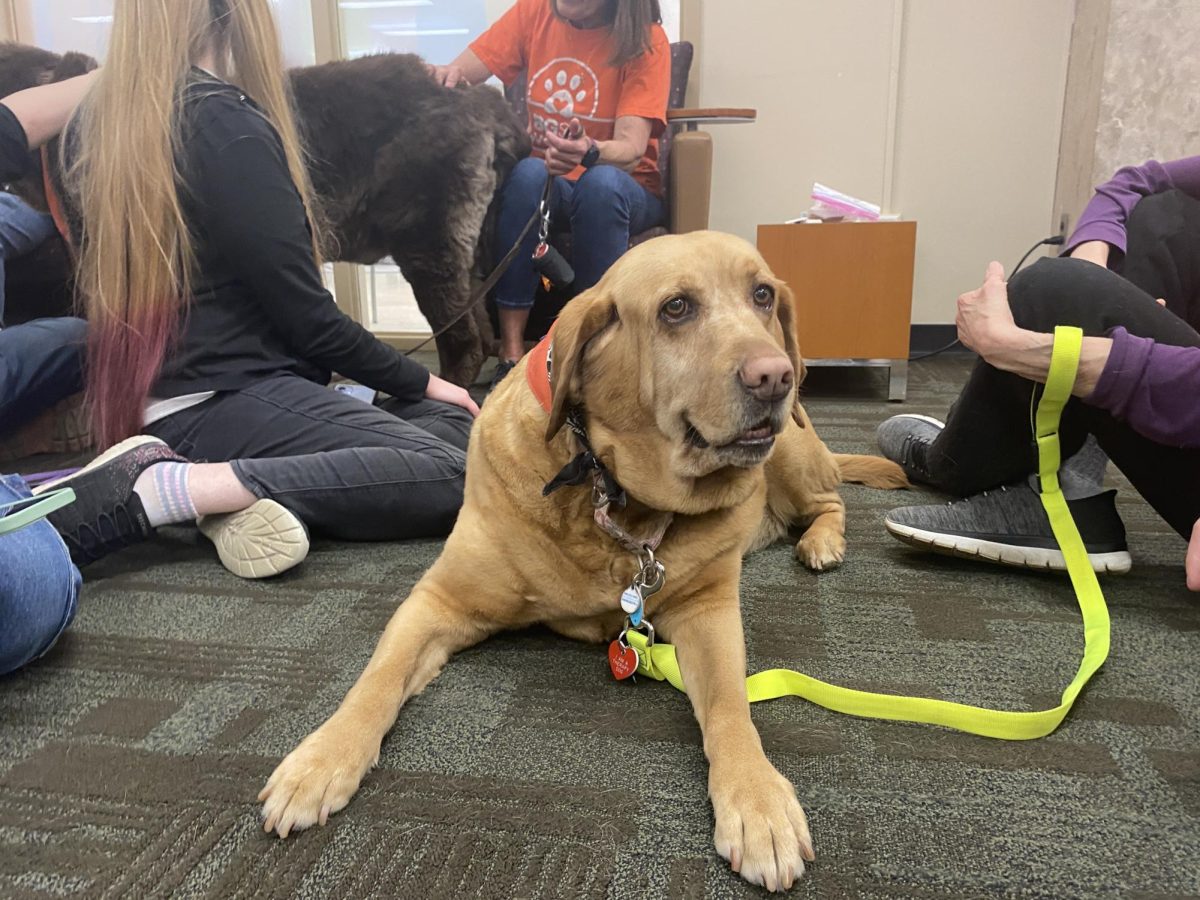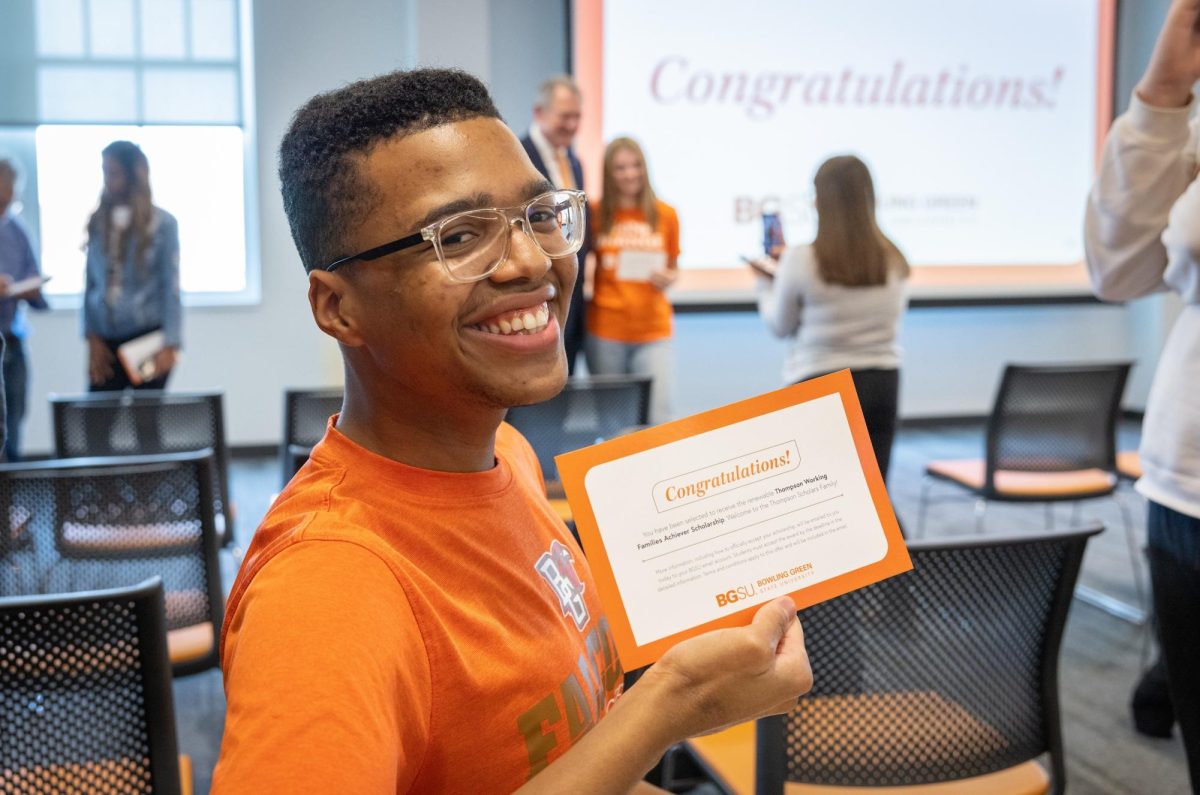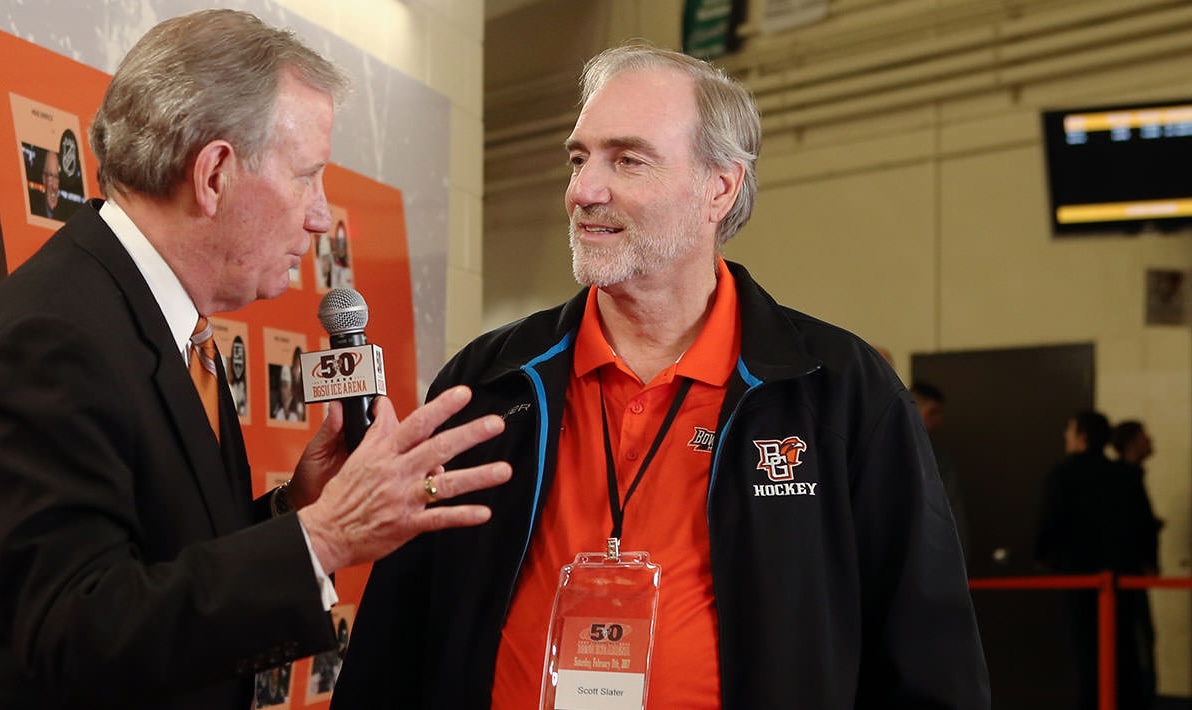Kyle Rittenhouse found not guilty
After being charged with homicide, attempted homicide and reckless endangerment for killing two men and wounding one at a protest in Kenosha, Wisconsin, Kyle Rittenhouse was acquitted of all charges on Nov. 19.
The protest was over the shooting of Jacob Blake, a Black man, by a white Kenosha police officer. Rittenhouse — who is white — said he traveled to Kenosha on August 25, 2020, in order to protect property from the rioters. He brought an AR-style semi-automatic rifle and killed Joseph Rosenbaum and Anthony Huber and wounded Gaige Grosskreutz, all of whom were white.
Rittenhouse testified that he acted in self-defense. He told the jury Rosenbaum chased him and attempted to grab his gun, Huber hit him with a skateboard in the neck or head and Grosskreutz pointed his own gun at Rittenhouse.
If Rittenhouse had been convicted, the first-degree intentional homicide charge could have gotten him life in prison. Two of his other charges would have given him over 60 years in prison.
Pfizer and Moderna boosters
Following the FDA’s authorization of the Pfizer-BioNTech and Moderna boosters for all adults, an advisory panel to the CDC voted to recommend the booster shots for those individuals. CDC Director Dr. Rochelle Walensky then signed off on the recommendation.
According to the CDC, individuals that received the Pfizer-BioNTech or Moderna vaccine should get a booster at least six months after completing the primary COVID-19 vaccination series. Those who received Johnson & Johnson’s Janssen should receive a booster two months after their shot.
“Mix and match dosing” is allowed for COVID-19 boosters. This means individuals can choose which vaccine they receive as a booster. This may be the vaccine type they originally received or a different booster.
According to the CDC, “people ages 50 years and older should get a booster…. People who are ages 18 years and older may get a booster shot based on their individual risks and benefits.”
CVS closing 900 stores
Over the next three years, CVS announced they will be closing 900 stores in response to changes in consumer buying patterns. The company plans to begin closing locations next spring, but there are currently no details regarding which locations will close.
CVS said the end result would be to have “the right kinds of stores in the right locations.” The company has been analyzing population changes, customer buying patterns and future health needs.
The 900 closures represent nearly a tenth of approximately 10,000 CVS locations. CVS expects to take an impairment charge of between $1 billion and $1.2 billion. CVS’ 2021 adjusted earnings forecast will not be affected by the charge.
“We remain focused on the competitive advantage provided by our presence in thousands of communities across the country, which complements our rapidly expanding digital presence,” says CEO and president of CVS Health, Karen S. Lynch.
Panic after gun discharges at Atlanta airport
A gun discharged during a luggage search at Hartsfield-Jackson Atlanta International Airport at approximately 1:30 pm on Nov. 20. At 1:57 pm, Atlanta Airport tweeted, “There is not an active shooter. There was an accidental discharge at the Airport. There is no danger to passengers or employees.”
The airport was declared all-clear at 2:57 pm. The passenger in possession of the gun fled the area after the gun was discharged and ran out of the airport exit.
Kenny Wells, 42, was identified as the passenger whose gun discharged at an evening conference the same day. Warrants have been issued for Wells for possession of a firearm by a convicted felon, discharging a firearm, carrying a concealed weapon at a commercial airport and reckless conduct according to the airport’s police commander, Maj. Reginald Moorman.





